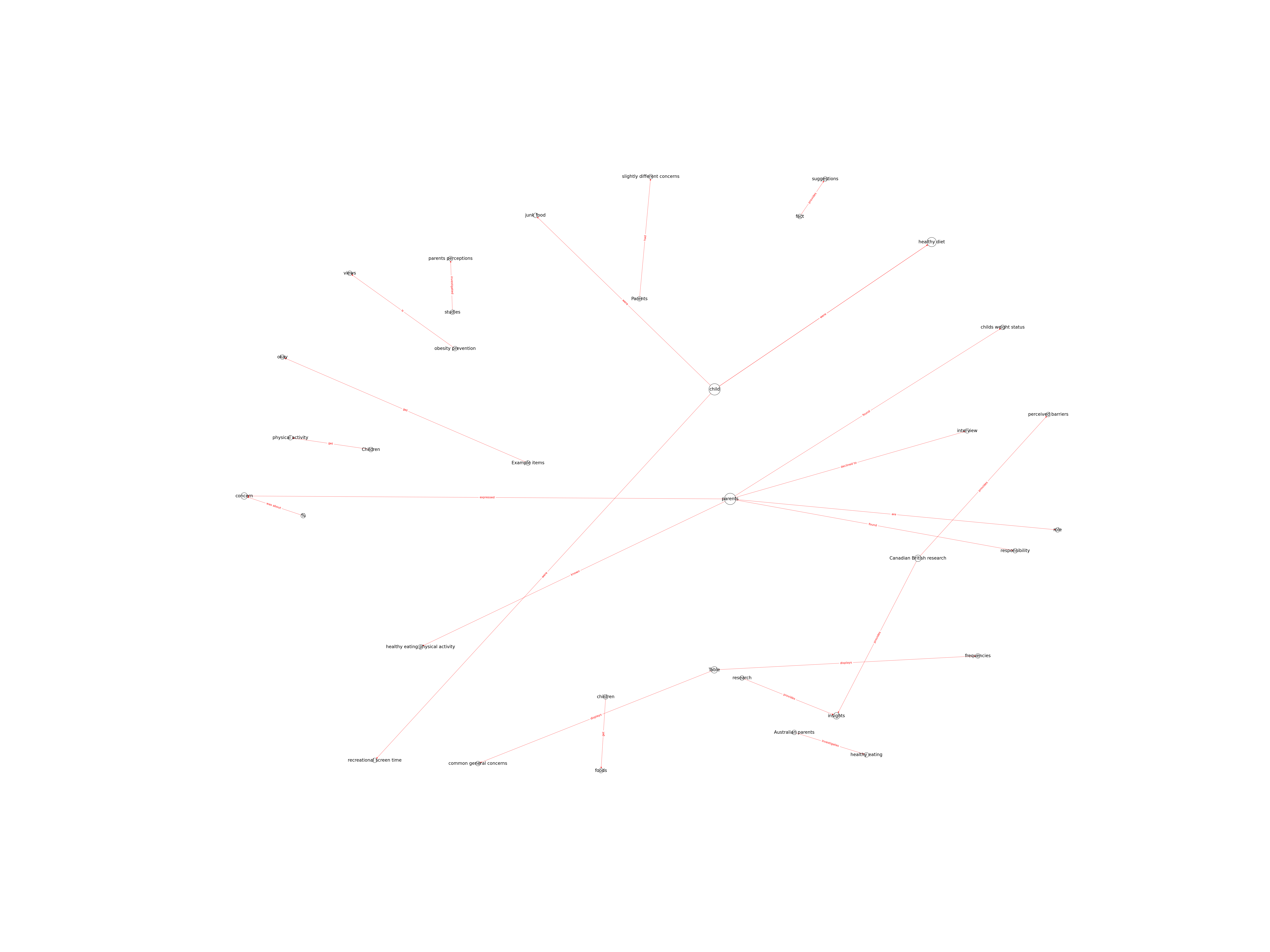| Id | 505 | |
| Author | Slater A., Bowen J., Corsini N., Gardner C., Golley R., Noakes M. | |
| Title | Understanding parent concerns about childrens diet, activity and weight status: An important step towards effective obesity prevention interventions | |
| Reference | Slater A., Bowen J., Corsini N., Gardner C., Golley R., Noakes M.; Understanding parent concerns about childrens diet, activity and weight status: An important step towards effective obesity prevention interventions ;Public Health Nutrition vol:13 issue: 8 page:1221.0 |
|
| Keywords | Child; Intervention development; Obesity prevention; Parental views |
|
| Link to article | https://www.scopus.com/inward/record.uri?eid=2-s2.0-77957232356&doi=10.1017%2fS1368980009992096&partnerID=40&md5=f0f0a1705c3025afa0ba036e332a543b |
|
| Abstract | Objective: To identify parents concerns and attitudes towards childrens diets, activity habits and weight status. Design: Computer-assisted telephone interviewing administration of a 37-item survey. Data were weighted for parental education level. Descriptive results are presented, and comparisons are made by the age, gender and parental characteristics of the child.Setting Online research panel of Australian parents.Subjects A total of 1202 randomly selected parents of children aged 2-16 years, broadly representative of the Australian population. Results: Parents were concerned about their childs education (reported by 35 % of respondents), childs health and well-being (25 %), and violence, drugs and alcohol (20 %). Concern about nutrition was indicated by 14 % of respondents and concern about fitness/exercise was indicated by 3 % of the sample. Factors perceived as making a healthy diet difficult to achieve for their child were child resistance (89 %), the availability of healthy food (72 %), a busy lifestyle (67 %) and the influence of food advertising (63 %). Ninety-two per cent of parents thought that it was realistic for their child to be active for at least 1 h/d, with 75 % of parents feeling that it was realistic for their child to have less than 2 h recreational screen time per d. Despite this, common barriers to achieving the activity guidelines were lack of time, weather and keeping children occupied. Conclusions: Insights into parental concerns from the current study may be useful in guiding development of interventions to improve childrens nutrition and physical activity habits by framing messages in a way that are most likely to resonate with parents. Copyright © 2010 The Authors. |
|
| Metodology | Technique |

Note: Due to lack of computing power, results have been previously created and saved in database


